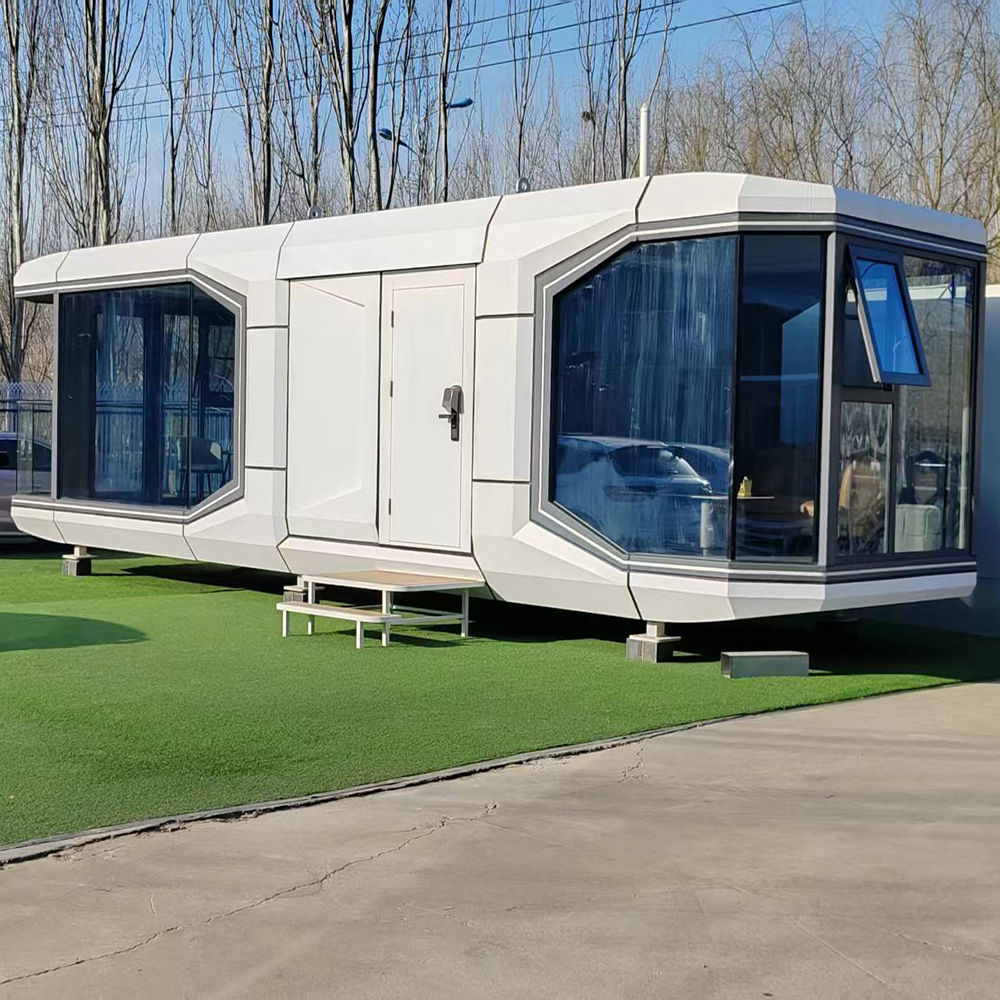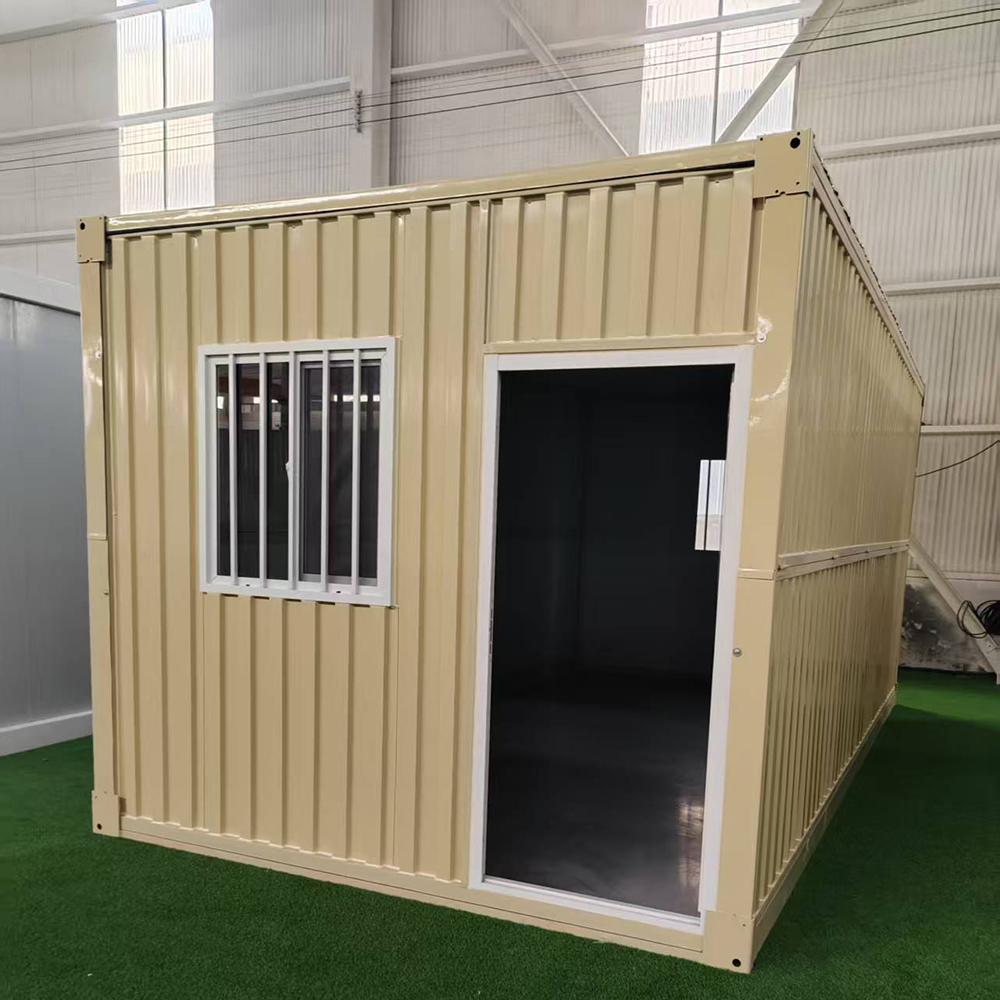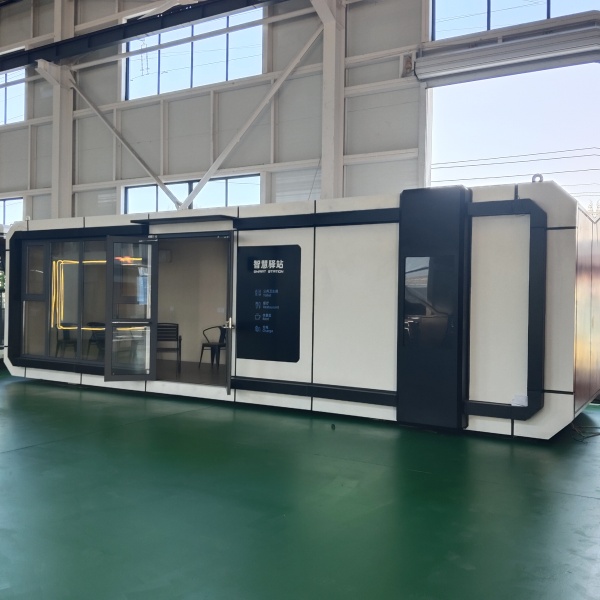-
E-mail
Austin120521@outlook.com -
E-mail
sales@jujiuhouse.com -
Telephone
+86-17864099991 -
Telephone
+86-17854044442
- Chinese
- French
- German
- Portuguese
- Spanish
- Russian
- Japanese
- Korean
- Arabic
- Irish
- Greek
- Turkish
- Italian
- Danish
- Romanian
- Indonesian
- Czech
- Afrikaans
- Swedish
- Polish
- Basque
- Catalan
- Esperanto
- Hindi
- Lao
- Albanian
- Amharic
- Armenian
- Azerbaijani
- Belarusian
- Bengali
- Bosnian
- Bulgarian
- Cebuano
- Chichewa
- Corsican
- Croatian
- Dutch
- Estonian
- Filipino
- Finnish
- Frisian
- Galician
- Georgian
- Gujarati
- Haitian
- Hausa
- Hawaiian
- Hebrew
- Hmong
- Hungarian
- Icelandic
- Igbo
- Javanese
- Kannada
- Kazakh
- Khmer
- Kurdish
- Kyrgyz
- Latin
- Latvian
- Lithuanian
- Luxembou..
- Macedonian
- Malagasy
- Malay
- Malayalam
- Maltese
- Maori
- Marathi
- Mongolian
- Burmese
- Nepali
- Norwegian
- Pashto
- Persian
- Punjabi
- Serbian
- Sesotho
- Sinhala
- Slovak
- Slovenian
- Somali
- Samoan
- Scots Gaelic
- Shona
- Sindhi
- Sundanese
- Swahili
- Tajik
- Tamil
- Telugu
- Thai
- Ukrainian
- Urdu
- Uzbek
- Vietnamese
- Welsh
- Xhosa
- Yiddish
- Yoruba
- Zulu
- Kinyarwanda
- Tatar
- Oriya
- Turkmen
- Uyghur

folding container house for sale
Exploring the Potential of Folding Container Houses
When it comes to modern housing solutions, the term folding container house for sale frequently pops up. Yet, these structures often carry a mix of intrigue and misconception. Let’s dive deeper to understand their true potential, drawing from real industry insights.
Understanding the Basics
The concept of a folding container house might conjure images of portable shacks, but industry professionals know there's depth to these structures. They're not just about mobility; it’s about adaptability and efficient use of space, a philosophy well-executed by companies like SHANDONG JUJIU INTEGRATED HOUSING CO,LTD—a name recognized in the niche for their innovation.
The first time I encountered these homes, I was skeptical. The idea of living in what seemed like a metal box didn’t scream comfort. However, the engineering behind these homes is more sophisticated than it first appears. They offer practicality with a level of customization that's surprising, meeting various needs from temporary offices to comfortable living spaces.
It's crucial to consider the design and manufacturing expertise that goes into these homes. Take SHANDONG JUJIU INTEGRATED HOUSING CO,LTD, for instance. Their process, which you can explore at their website (https://www.jujiuhouse.com), involves meticulous attention to detail, ensuring durability and efficiency.
The Real-Life Applications
So, where do these houses make the most sense? They've become popular on construction sites, providing onsite accommodation that's quick to set up and dismantle. But it doesn't stop there. I've seen them used creatively as pop-up retail spaces and even cozy home offices—options that cater to the increasing demand for flexibility.
A practical consideration is environmental impact. This is where projects by SHANDONG JUJIU INTEGRATED HOUSING CO,LTD shine. Their focus on sustainability through recyclable materials and energy-efficient designs underlines a commitment not just to the present convenience but also to future viability.
Yet, these homes aren't free from challenges. One early project I observed struggled with insulation issues. Properly addressing heating and cooling is essential, particularly if these structures are meant for long-term habitation in varying climates. It's a lesson the industry continues to learn and address by iterating on design improvements.
Market Trends and Consumer Insights
The market for folding container houses is burgeoning, with demand driven by their affordability and flexibility. They're particularly attractive to younger generations seeking affordable home ownership in skyrocketing real estate markets. Customization options, allowing for personalization without breaking the bank, make them even more appealing.
A noteworthy trend is the use of these homes for disaster relief and emergency shelters. Their rapid deployment capability is invaluable in crises, offering temporary solutions while permanent structures are rebuilt—a vital service particularly highlighted by SHANDONG JUJIU's adaptive strategies.
However, buyers should be cautious and informed. Not all vendors offer the same level of quality or customer service. Investing through established companies with verifiable track records, like SHANDONG JUJIU, ensures a quality experience.
Customization and Design Opportunities
One of the joys of working in this field is seeing how versatile these homes can be. The internal space is a blank slate, open to a variety of layouts and aesthetics. Some prefer open-plan designs, while others opt for segmented spaces for privacy and function.
Again, SHANDONG JUJIU leads with its customer-focused approach, allowing personal input in design. Whether it’s additional windows, solar panel installations, or unique interior finishes, there’s a sense of ownership that goes beyond off-the-shelf solutions.
It’s also an education in balancing creativity with structural limitations. I've seen ambitious designs run into hurdles when clients push for alterations that compromise stability. Successful projects often arise from collaborative discussions between clients, designers, and engineers.
Prospective Challenges in Adoption
Despite the positives, adoption barriers exist. Zoning laws and building codes can be hurdles depending on the region. While some areas embrace these innovations, others remain skeptical, often due to outdated perceptions of these homes.
The logistics can also be daunting. Transporting and installing these structures require precise planning and coordination. Companies like SHANDONG JUJIU have streamlined their processes to minimize disruptions, but challenges can still arise, particularly with access to remote or urban sites.
Ultimately, a successful investment hinges on thorough research and understanding both the possibilities and limitations inherent in folding container houses. The industry's future seems promising, with technology and design constantly evolving to meet modern needs more efficiently.
Related products
Related products
Best selling products
Best selling products-
 Waterproof folding container house – mobile accommodation for campsites/scenic spots
Waterproof folding container house – mobile accommodation for campsites/scenic spots -
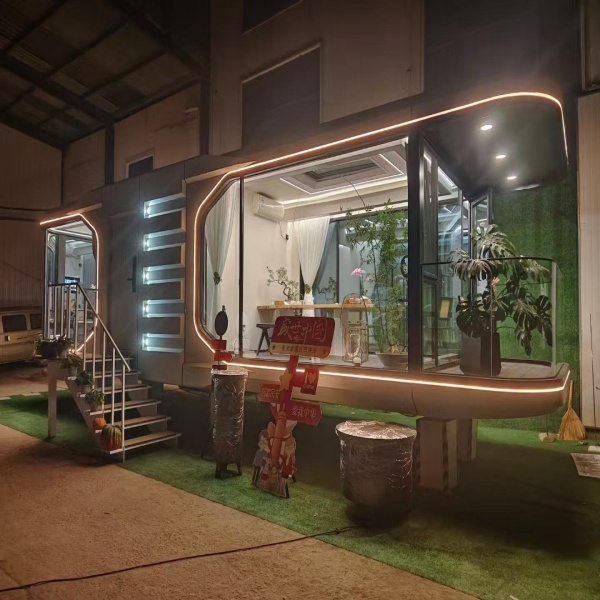 Outdoor ecological capsule rooms, luxury pods, space capsule hotel rooms, prefabricated space capsules, container houses
Outdoor ecological capsule rooms, luxury pods, space capsule hotel rooms, prefabricated space capsules, container houses -
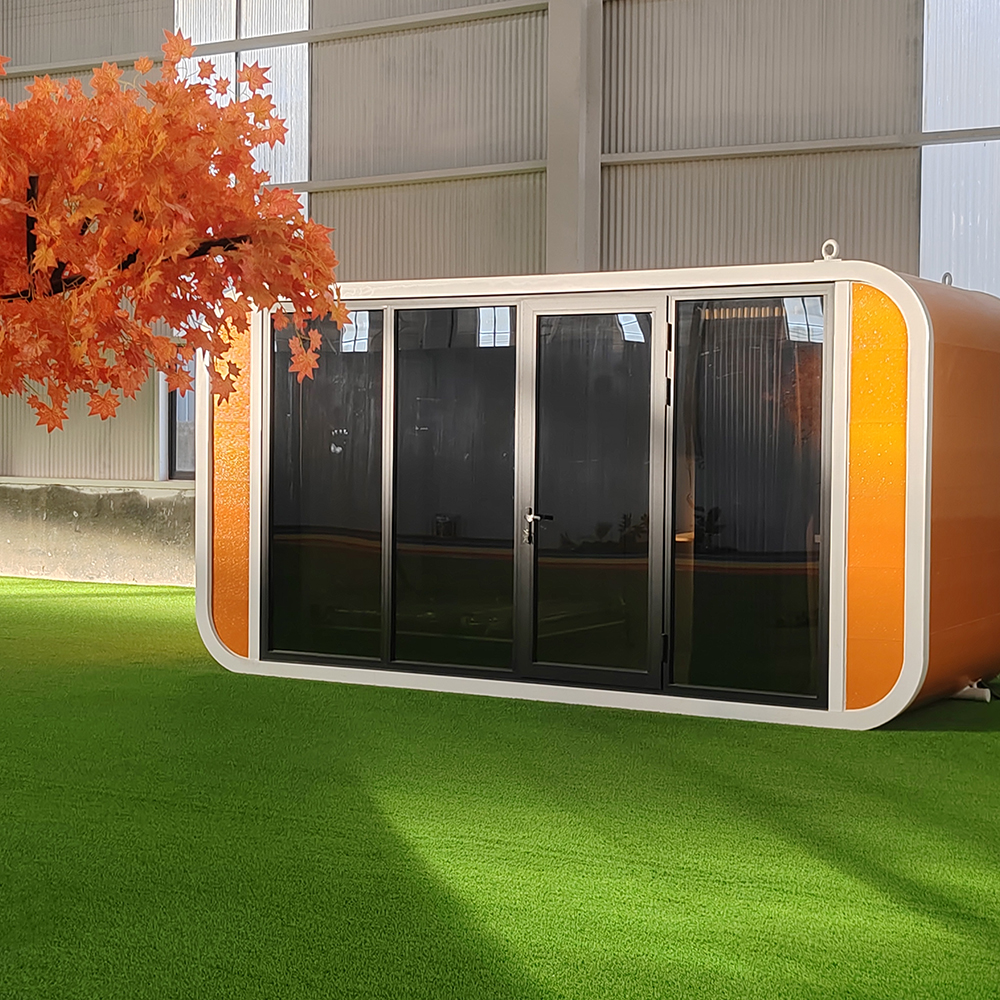 Luxury Prefabricated Living Container House Modular Glass Tiny House Prefab Container Home Apple Cabin
Luxury Prefabricated Living Container House Modular Glass Tiny House Prefab Container Home Apple Cabin -
 Movable Prefabricated Container House Villas Modular Portable Homes 1 Bedroom Container House Offices Apartments
Movable Prefabricated Container House Villas Modular Portable Homes 1 Bedroom Container House Offices Apartments -
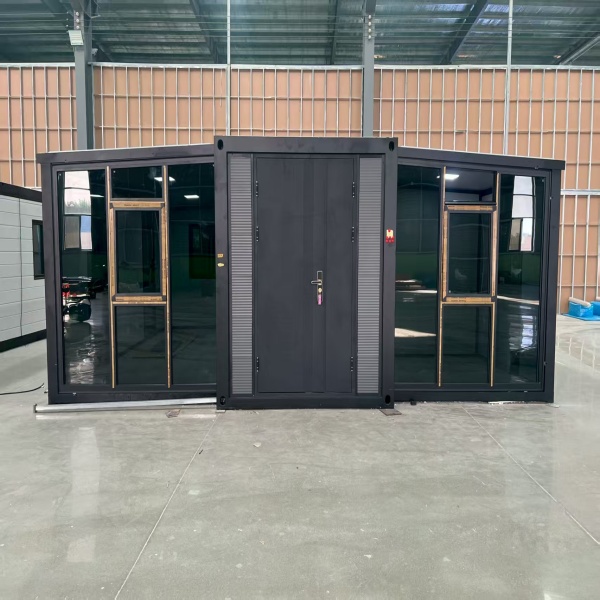 Customizable Office Mobile Home with Flat Roof and Double Wing Expansion Box, Convenient Container
Customizable Office Mobile Home with Flat Roof and Double Wing Expansion Box, Convenient Container -
 The foldable container house with side wing design can be quickly set up and is suitable for various environments.
The foldable container house with side wing design can be quickly set up and is suitable for various environments. -
 A container house with a terrace and double-wing folding design, suitable for various purposes such as offices, meeting rooms, living rooms, etc.
A container house with a terrace and double-wing folding design, suitable for various purposes such as offices, meeting rooms, living rooms, etc. -
 Reasonable Price 1 Bedroom Modular Container House Folding Container Home for Villa or Apartment Use
Reasonable Price 1 Bedroom Modular Container House Folding Container Home for Villa or Apartment Use -
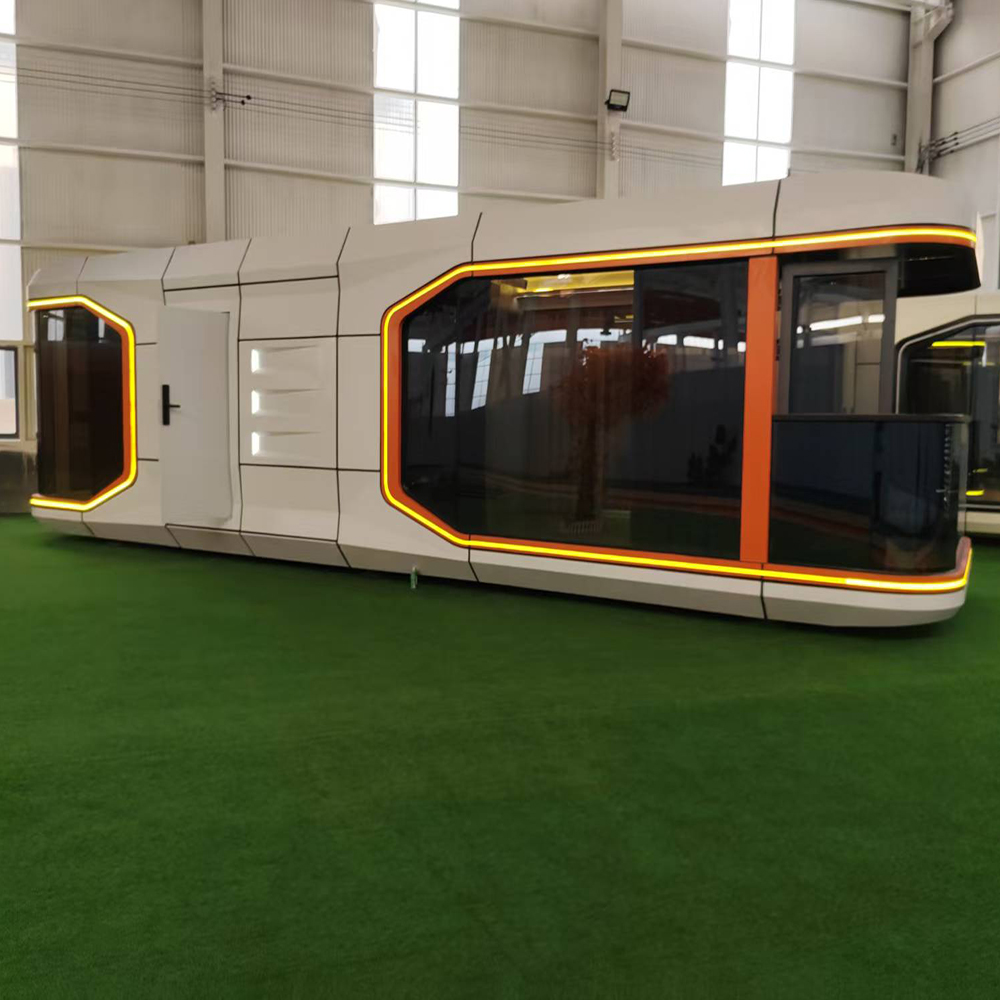 Standard Modern Camping Pod Space Prefabricated Portable Mobile Capsule Room Hotel Bathroom Prefabricated Spaceship House
Standard Modern Camping Pod Space Prefabricated Portable Mobile Capsule Room Hotel Bathroom Prefabricated Spaceship House -
 A container house with a terrace and double-wing folding design, suitable for various purposes such as offices, meeting rooms, living rooms, etc.
A container house with a terrace and double-wing folding design, suitable for various purposes such as offices, meeting rooms, living rooms, etc. -
 Luxury Foldable Two Story Container House for Glamping Resort and Villa Hotel
Luxury Foldable Two Story Container House for Glamping Resort and Villa Hotel -
 Easy Install Customized Detachable Container Homes Extendable House Prefab 2 Floors Expandable Container House
Easy Install Customized Detachable Container Homes Extendable House Prefab 2 Floors Expandable Container House
Related search
Related search- China home space capsule
- prefab container house
- China folding container house for sale
- mobile expandable prefab house 15ft x 20ft
- Buy folding container house usa
- China folding house container home
- expandable container house with solar energy
- fold out homes
- China the apple cabin
- China expandable container house luxury











